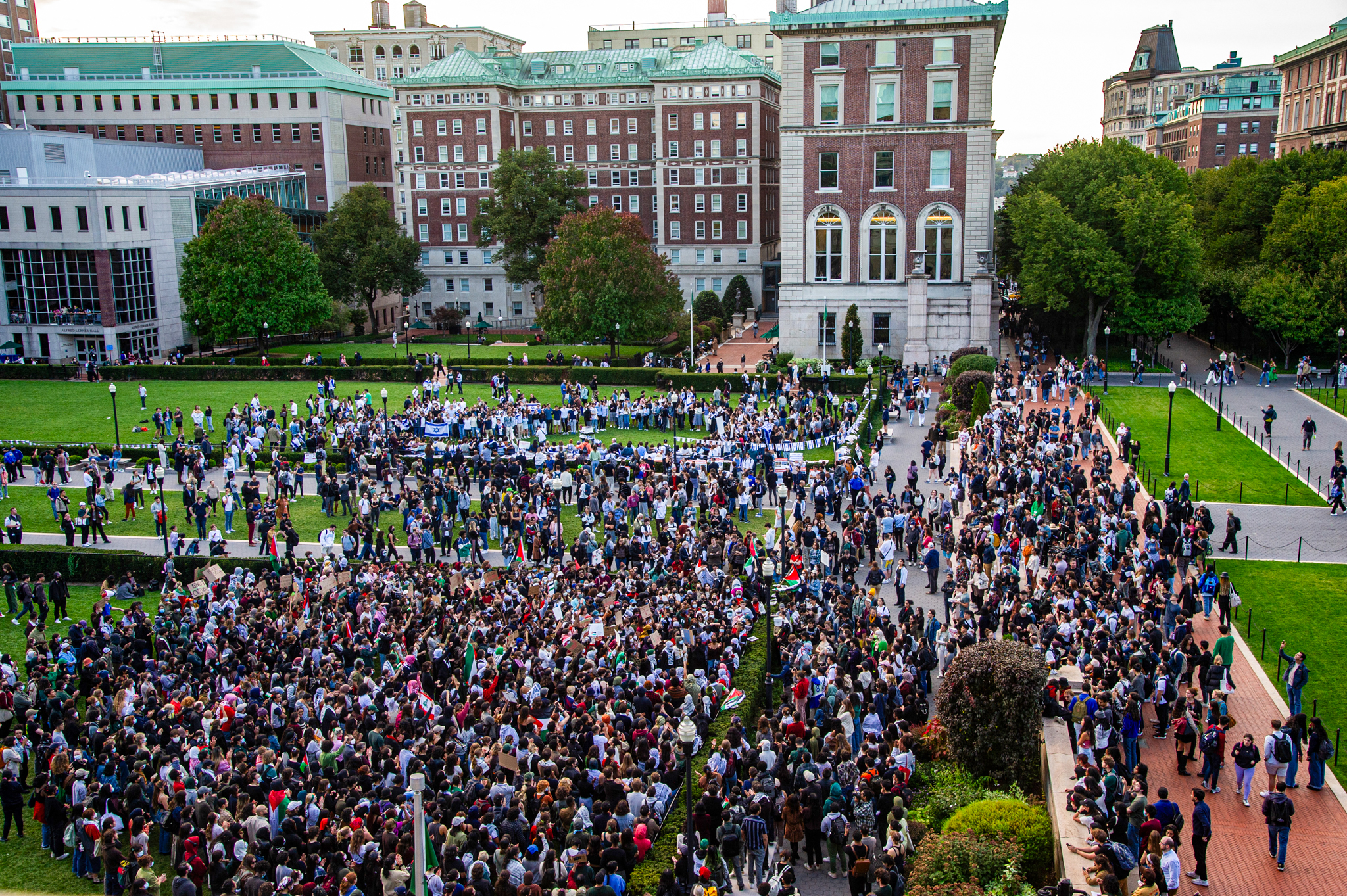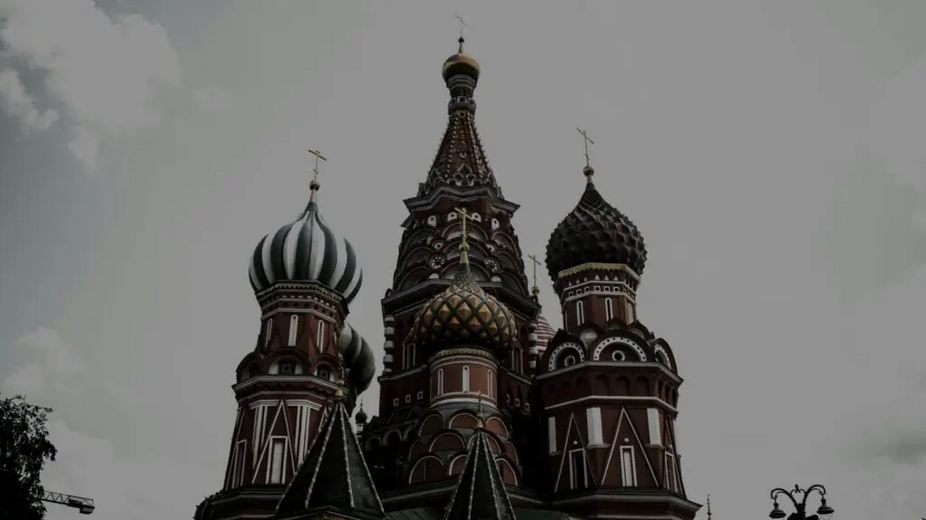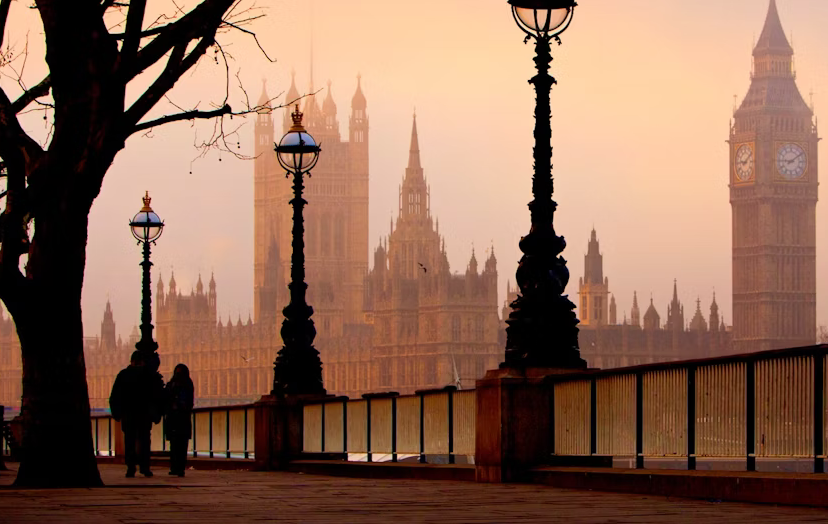The second Ministerial to Advance Religious Freedom was a major step forward in the fight against global religious persecution and, hopefully, in the advancement of its most durable antidote – religious freedom. Secretary of State Michael R. Pompeo, Ambassador at Large for International Religious Freedom Sam Brownback, and their staffs deserve tremendous credit for convening this successful gathering. This Ministerial merits a permanent place on the U.S. Department of State’s calendar going forward, for this and future administrations.
The Ministerial accomplished two key objectives.
First, it continued the consolidation and advancement of international religious freedom policy within the U.S. State Department. Since the passage of the 1998 International Religious Freedom Act, notwithstanding the growing need and the presence of skilled ambassadors, that policy has been largely sidelined within the Department. Religious freedom is often seen by senior diplomats as a boutique human rights issue with little connection to American foreign policy interests. This began to change under former Ambassador at Large for International Religious Freedom David Saperstein, and has continued under Ambassador Brownback.
Although it has its critics, the annual Ministerial has begun to galvanize a new level of interest within the American foreign policy establishment by drawing attention to the wide variety of connections between religious freedom and other U.S. national interests. Among these interests are key foreign policy objectives, such as economic development, humanitarian assistance, political stability, and combating religion-related violence and terrorism.
Second, the Ministerial has drawn the attention of a growing number of foreign governments (106 nations sent high level delegations to the event) to the scourge of religious repression and violence around the world. It has increased the likelihood that more governments will agree to take both individual and collective action against persecution – to include considering anew the real advantages of religious freedom, defined as full equality under law for all religious individuals and communities. These advantages can accrue both to the societies where religious freedom increases, and to the nations that advance it in their respective foreign policies.
Having listened to many of the speeches of foreign delegations during the Ministerial, I believe most governments have not yet internalized such advantages and adopted them as policy goals. The speeches were generally moral exhortations about the evils of religious persecution. But, as with U.S. international religious freedom diplomacy, this is the right place to start. From here, governments will naturally ask how international religious freedom policy can advance their own interests.
If the United States continues this annual event in the future, and continues to lead on the development of the International Religious Freedom Alliance that Secretary Pompeo recently announced, the Ministerial initiative has the potential to revolutionize the advancement of religious freedom and the fight against the growing scourge of religious persecution around the world. Ambassador Brownback deserves the credit for this. He has proven to possess an unusual talent for building coalitions, both domestically and across the world.
Every Democrat senator voted against Brownback’s nomination, but, with less than two years on the job, he has largely overcome their opposition – signaled by Speaker Pelosi’s appearance at the first day of the gathering. Moreover, at a recent congressional hearing where I testified alongside Brownback, Representative Ilhan Omar told him that she admired his efforts as ambassador and wanted to work with him.
Within the administration, Ambassador Brownback has encouraged Secretary Pompeo and Vice President Mike Pence to be directly involved in the Ministerial, and in America’s international religious freedom policy. Both have demonstrated their willingness to make religious freedom a foreign policy priority. Pence’s imprimatur and support in particular have enabled Brownback to move that policy to a new level. There is now a real chance that U.S. foreign policy can make a difference in the lives of people being persecuted for their faith around the world while simultaneously advancing other American interests – especially in areas of development, stability, and counter-terrorism. One key question is whether this new emphasis in U.S. policy will continue into the future, especially when the Democrats gain the presidency.
For now, however, let us recognize the Ministerial as an occasion for the U.S. to speak with clarity to the world on a number of critical issues. For example, Secretary Pompeo shined a necessary spotlight on China when he said, “…China is home to one of the worst human rights crises of our time. It is truly the stain of the century. Since April 2017, the Chinese Government has detained more than one million Chinese Muslims and other minorities in camps in Xinjiang.”
In the same address, Secretary Pompeo also criticized Cuba, Iran, Burma, and other countries for their abuses against religious minorities living among them.
Furthermore, Ambassador Brownback repeatedly highlighted the role of the Ministerial in launching a global coordinated movement of both grassroots efforts and government actions to advance religious freedom. RFI’s groundbreaking report, Surveying the Landscape of International Religious Freedom Policy, which documents the policies, institutions, and programs of 18 countries and 5 multilateral organizations, is an important resource in facilitating these kinds of coordinated endeavors.
Alongside the Ministerial, numerous civil society groups, including RFI, hosted events focused on key challenges to religious freedom. RFI gave particular attention to the deteriorating situation across South and Southeast Asia.
In the final analysis, the annual Ministerial deserves the commendation of all who defend religious freedom and should become a permanent fixture of July in our nation’s capital.
THE RFI BLOG

A Call to End Anti-Semitism on America’s College Campuses

The Horrendous and Maddening Anti-Semitism in New York City

Religion, the ‘Russian World,’ and the War Against Ukraine

Religious Freedom Is Back on the UK’s Agenda

Be More Faithful, Become More Resilient: An Invitation to Religious Institutions
CORNERSTONE FORUM

Public Bioethics & the Failure of Expressive Individualism

Religious Liberty in American Higher Education

Scotland’s Kate Forbes and the March of Secularism

70 Years of Religious Freedom in Sweden: Prospects and Challenges

